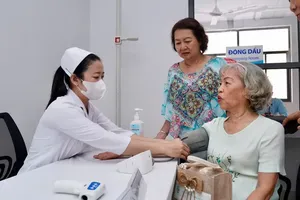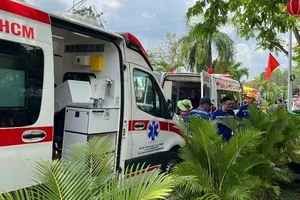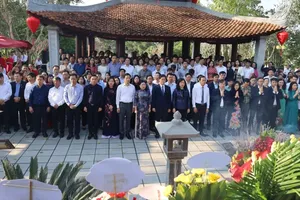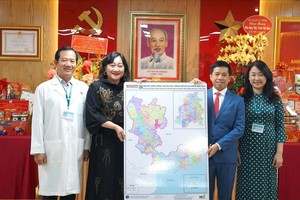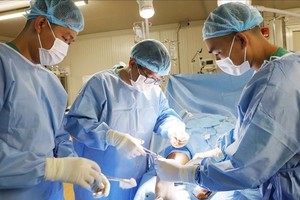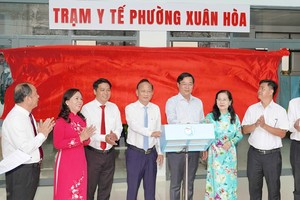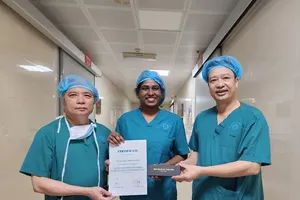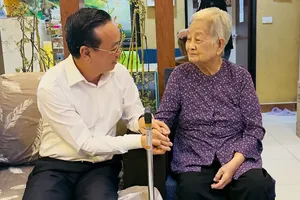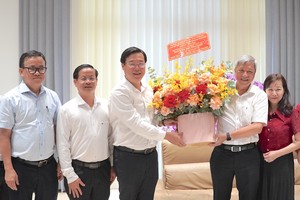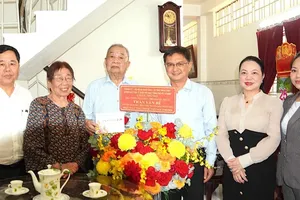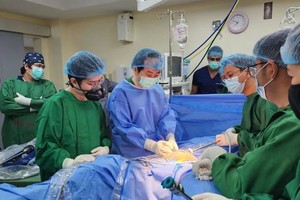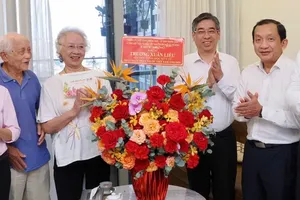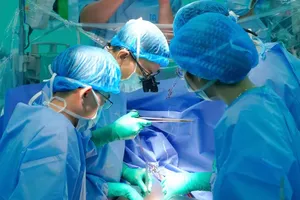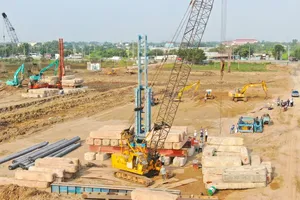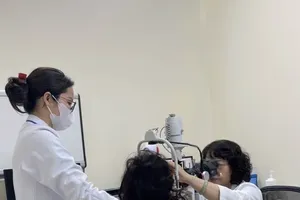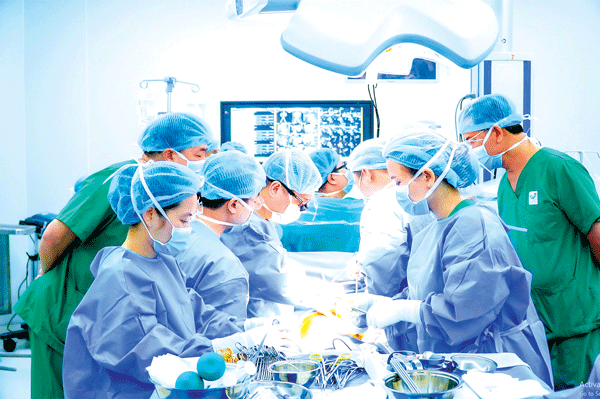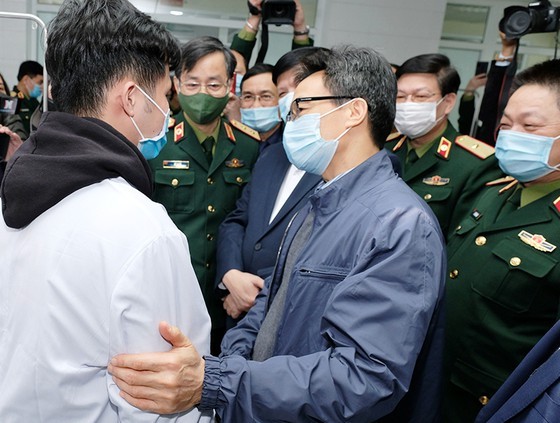
The initial results of the vaccine on human were reported to Deputy Prime Minister Vu Duc Dam who visited the volunteers on December 20.
As no abnormal reaction has been found on the volunteers, one man and two women aged 20-25, on December 21, the Military Medical Academy is scheduled to administer the vaccine on the remaining volunteers who registered for the first phase of the trial.
According to leaders of the academy, after reviewing records of the vaccine’s effects on mouse and monkey, experts hope that following the second and third phases, the immunogenesis of the vaccine will be fully assessed and meet the requirements.
The trial will have three phases. In the first, the vaccine will be injected into 60 persons who are divided into three groups to receive different doses of 25 mcg, 50mcg, and 75mcg.
The objective of the first phase is to evaluate the safety of the vaccine. Following the success of the first phase, the second will involve 400-600 people to define the optimal dose, and the third will see the engagement of at least 1,500-3,000 people. The figure may be expanded to 10,000-30,000.
After the third phase, the vaccine’s safety, immunogenesis and effectiveness are expected to be assessed.
The Ministry of Health has created all favourable conditions to shorten the time for the trial phases compared to the normal conditions, but still ensuring all steps, safety and scientific requirements.
Deputy Prime Minister Dam spoke highly of the efforts of the Ministry of Health, the Ministry of Science and Technology, and the Military Medical Academy as well as the research and production units of the vaccine.
He said that the implementation of the vaccine’s trial phases must be continued with the full observation of regulations of the Ministry of Health in a safe and prompt manner.
“If the trial is successful, it would be not only a pride of the health science and healthcare sector but also an effective tool to fight the pandemic,” stated the Deputy PM.
Citing experience from the production of medical bio-products for SARS-CoV-2 testing, the Deputy PM asked the research and production units as well as State management agencies to work closely with one another to “race against the time”, while continue preparing necessary conditions for the next steps following the success of the vaccine trials, with calculation for both good and bad circumstances.
In the context of high prices and limited supply of the vaccines against the pandemic in the world, the acceleration of the research and production of the vaccine inside the country is necessary, said a leader of the Ministry of Health.
However, Deputy PM Dam underlined that vaccination is still a future matter, highlighting the need to focus on preventive measures against the pandemic.
He asked the Ministry of Science and Technology, the Military Medical Academy, and the Bio-Technology Institute to build and develop a centre for the research and development of vaccines against newly-emerging pandemics, including the construction of a bio-safety lab at at least Level Three, thus helping the country become ready for new pandemics and disasters related to human’s health in the future.
He also agreed with the proposal of the Military Medical Academy on the increase of training for response against emergency cases and disasters in schools and medical training facilities.
